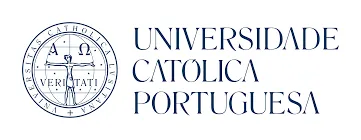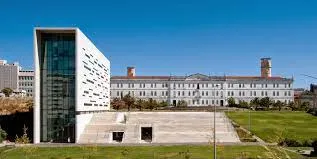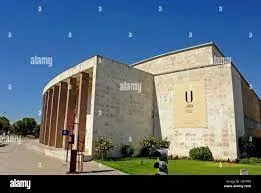About

University Type
Public

Lisbon,
Portugal

Year Established:
2013
The University of Lisbon (ULisboa; Portuguese: Universidade de Lisboa, pronounced [univɨɾsiˈðað(ɨ) ðɨ liʒˈβo.ɐ]) is a public research university in Lisbon, and the largest university in Portugal. It was founded in 2013, from the merger of two previous public universities located in Lisbon, the former University of Lisbon (1911–2013) and the Technical University of Lisbon (1930–2013). The history of a university in Lisbon dates back to the 13th century.
Rankings

#230
QS

#450
THE

#236
USNews
University of Lisbon Program Rankings
-
Finance (Masters) - Rank #34 (FT)
University of Lisbon Highlights
FAQs
What are the most popular graduate programs offered at University of Lisbon?
The University of Lisbon offers a variety of popular graduate programs including Economics, Law, Medicine, Computer Science, and Engineering. These programs are well-regarded due to their comprehensive curriculum and the university's strong emphasis on research and development.
What is the Annual Cost of attendance at University of Lisbon?
The annual tuition fee at the University of Lisbon generally ranges from €3,000 to €7,000, depending on the program. The estimated cost of living is about €10,000 per year. The total average cost of €13,000 converts to approximately 10,73,000 INR (using a conversion rate of 1 Euro = 82.54 INR).
What Financial aid and scholarship options are available at University of Lisbon?
The University of Lisbon offers various scholarships and financial aid options, including merit-based scholarships, need-based grants, and funding for international students. Prospective applicants can apply through the university's financial aid office or check the university’s website for specific scholarships and application guidelines.
What is the reputation and ranking of University of Lisbon?
The University of Lisbon holds a prestigious reputation, particularly in fields like Arts & Humanities, Engineering, and Technology. It is consistently ranked among the top 300 universities worldwide by prominent ranking providers such as QS World University Rankings and Times Higher Education. Its law and medical schools are particularly renowned.
What is the campus culture like at University of Lisbon?
The campus culture at the University of Lisbon is vibrant and diverse, with numerous cultural fests like the annual academic festival "Semana da ULisboa," various sports events, and multiple clubs ranging from arts to technology. Students engage in a wide array of activities, fostering a lively and inclusive environment.
What are the housing options at University of Lisbon?
The University of Lisbon offers on-campus housing in university residences, which are relatively affordable and convenient for students. Popular off-campus housing options can be found in neighborhoods like Alvalade, Campo Grande, and Cidade Universitária, which are known for their safety, proximity to the university, and vibrant student communities.









